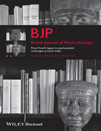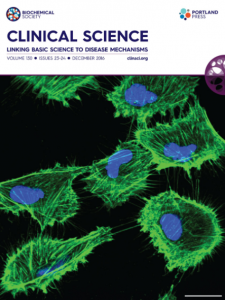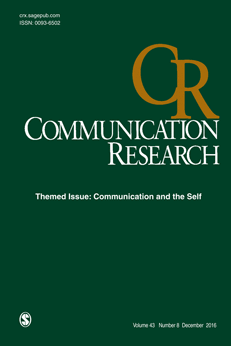 A psychoanalyst has retracted an award-winning 2016 paper over concerns that it contained “sensitive” patient information.
A psychoanalyst has retracted an award-winning 2016 paper over concerns that it contained “sensitive” patient information.
On July 15, Judith L. Mitrani, a psychoanalyst based in California, published an article that included “sensitive clinical material” about a patient. Although we do not know what prompted the concerns, on November 21, Mitrani, in agreement with the journal’s editor-in-chief and publisher, retracted the article. The author and editor told us the retraction was meant to prevent non-experts from accessing the paper and to stop other non-Wiley sites from posting it.
The article was published after it had won the journal’s essay contest in 2015.
Here’s the retraction notice for “On Separating One from the Other: Images of a Developing Self,” published in the British Journal of Psychotherapy (BJP):
 A study
A study 


 Researchers in Ireland have retracted a case study about a rare type of cancer in a child because – contrary to what they claimed in the paper – they had not obtained the necessary permission from the parents.
Researchers in Ireland have retracted a case study about a rare type of cancer in a child because – contrary to what they claimed in the paper – they had not obtained the necessary permission from the parents. An oncology journal has retracted a 2014 paper that contained a potentially fatal mistake.
An oncology journal has retracted a 2014 paper that contained a potentially fatal mistake. The former president of the Joslin Diabetes Center has withdrawn a second article within a month of his
The former president of the Joslin Diabetes Center has withdrawn a second article within a month of his  After a years-long dispute over a 2012 paper which suggested there might be some effects of first-person shooter video games on players, the journal has retracted the paper.
After a years-long dispute over a 2012 paper which suggested there might be some effects of first-person shooter video games on players, the journal has retracted the paper. When authors are faced with filling out a journal’s conflict of interest form, deciding what qualifies as a relevant conflict can be tricky. When such omissions come to light, only
When authors are faced with filling out a journal’s conflict of interest form, deciding what qualifies as a relevant conflict can be tricky. When such omissions come to light, only